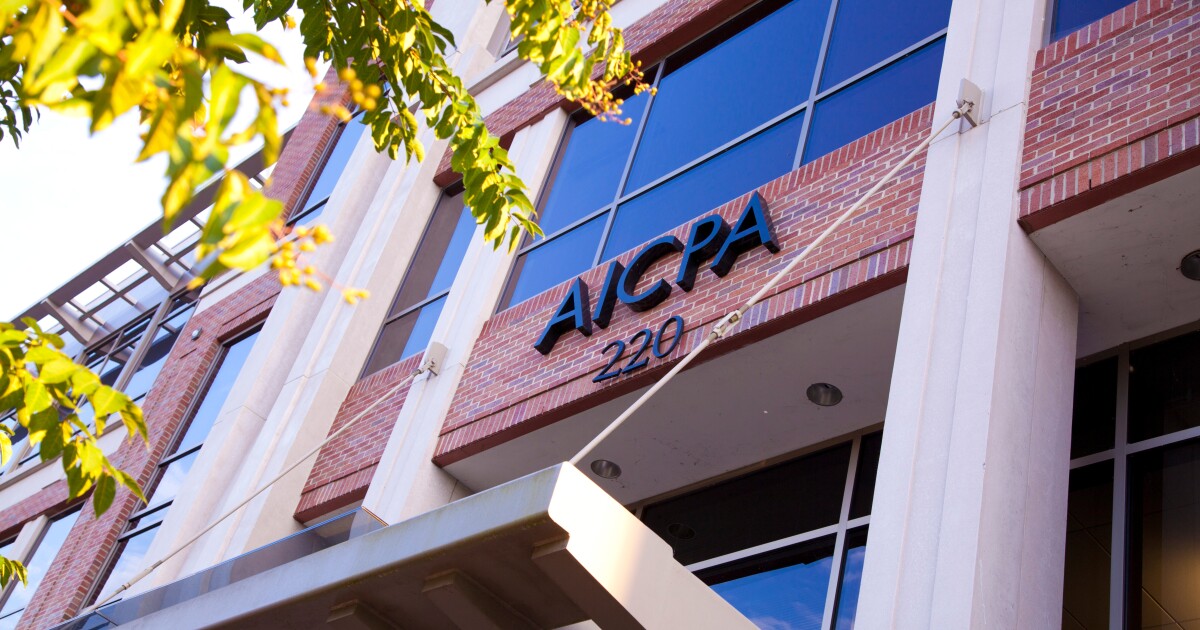The American Institute of CPAs sent comment letters to the Internal Revenue Service requesting changes in two forms used to report on foreign trusts, along with more guidance on energy tax credits and advanced manufacturing investment credits.
In one letter, dated Aug. 14, the AICPA asked for improvements on Form 3520, “Annual Return to Report Transactions with Foreign Trusts and Receipt of Certain Foreign Gifts,” and Form 3520-A, “Annual Information Return of Foreign Trust with a U.S. Owner, “and instructions. The institute also sent a separate but related letter the same day offering some recommendations for the IRS’s Independent Office of Appeals on penalty abatements based on reasonable cause relating to Form 3520 and Form 3520-A.
The AICPA asked the IRS to clarify Form 3520 and Form 3520-A instructions and allow electronic filing of both forms, to clarify the need for Employer Identification Numbers and to include an exemption from both forms for foreign taxpayers where deferral of tax on earnings is available under a tax treaty.
In the second letter, the AICPA submitted recommendations aimed at better educating IRS personnel reviewing these specific issues, with the understanding that resolving cases expeditiously will save taxpayers and IRS employees time and resources. The AICPA wants the IRS’s Independent Office of Appeals to provide appeals case memoranda in cases where they fully abate penalties relating to Form 3520 and Form 3520-A based on reasonable cause to IRS campus employees handling initial reasonable cause requests.
If the Appeals office decides that sharing the memoranda isn’t feasible, the AICPA recommended the office coordinate with the IRS’s Office of Servicewide Penalties to provide the campus employees with a summary of Form 3520 and Form 3520-A cases where the Appeals office fully abated the penalty based on reasonable cause, including which factors were used in each case.
“Providing real-world feedback to campus personnel will assist them in developing more experience in properly evaluating reasonable-cause abatement requests,” said Eileen Sherr, director of AICPA tax policy and advocacy, in a statement Thursday. “Ultimately, this can result in a more accurate application of the reasonable cause standard, reducing the workload for appeals and reduce costs for taxpayers contesting systemic penalty assessments.”
Separately the AICPA sent a comment letter on Aug. 14 to the Treasury Department and the IRS asking for guidance on the energy tax credit provisions of the Inflation Reduction Act of 2022 and the Section 48D advanced manufacturing investment credit provisions of the CHIPS Act of 2022.
The AICPA believes the proposed temporary regulations from the Treasury and the IRS offer some guidance on the pre-registration filing requirements and the applicable entities, but create unnecessary negative tax implications, making the purchaser of the credit subject to passive activity and Section 469 rules, even if a purchaser doesn’t hold ownership interest in the entity.
The AICPA asked for the Treasury and the IRS to consider an expedited process for the issuance of quick refunds for applicable entities eligible for direct pay, and to offer more clarity and simplify the pre-filing registration process.
Among the recommendations, the institute also asked for the IRS and Treasury to consider allowing partnerships with all tax-exempt partners to be considered “applicable entities,” provide further guidance on the definition of “restricted tax-exempt amount,” omit the five-step computation rule and provide guidance that allows taxpayers to elect to treat the advanced manufacturing investment and energy tax credits as a payment against tax “equal to the amount of such credit” under the direct payment final regulations.
The final regulations should also say that taxpayers who perform the carbon capture and receive the Section 45Q tax credit in a transfer from the property owner be permitted to transfer the credit to another third party, the AICPA suggested.
Credit: Source link











